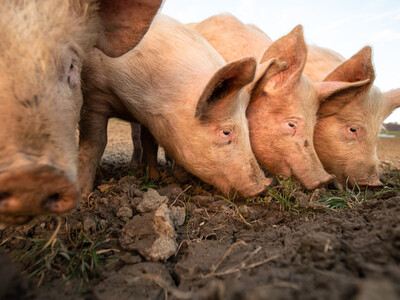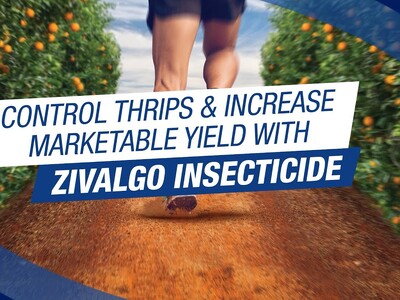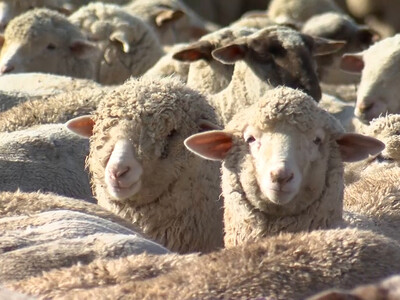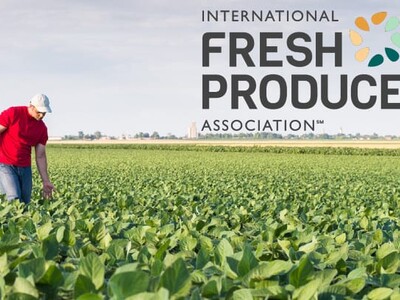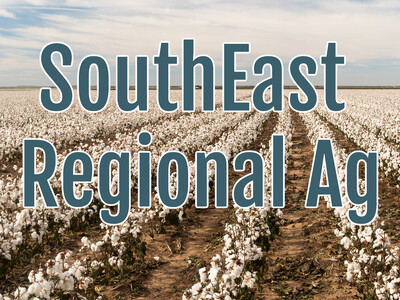An Almond Grower's Perspective on Ohalo's Self-Fertile Nonpareil

Tim Hammerich
News Reporter
A potential game-changer could be on the horizon for almond growers. Researchers at Ohalo have used gene-editing technology to develop a self-fertile nonpareil almond. Almond grower and researcher, David Doll, believes these types of approaches could increase almond value and simplify orchard management.
Doll… “ So what Ohalo essentially did is they used CRISPR technology, which at least that's what most people think, to alter a base pair within the genome of the almond plant that would allow the pollen grain to grow with the same allele all the way down to the ovule. So this would allow a nonpareil plant to have pollen that can land on another non-par flower and allow the pollen tube to make it all the way to the egg. So this is, you know, it's pretty groundbreaking. I think it's a very interesting technology and it's a really unique use of the CRISPR tool within agriculture to show, well, we think it's CRISPR, a really unique use of the tool to increase the varietal aspects or a premium variety availability within almond. And you have to remember, nonpareil is not just a premium kernel. It's actually very resistant to diseases. It tends to produce relatively consistently from year to year, at least with California. And because of that, it has more than just a self-fertile variety, like it's something farmers would like to have more of because of the value of the kernel, also because of the reduction of farming aspects of it.”
Doll says there are still a lot of unknowns for the variety, but it has been an exciting advancement.







